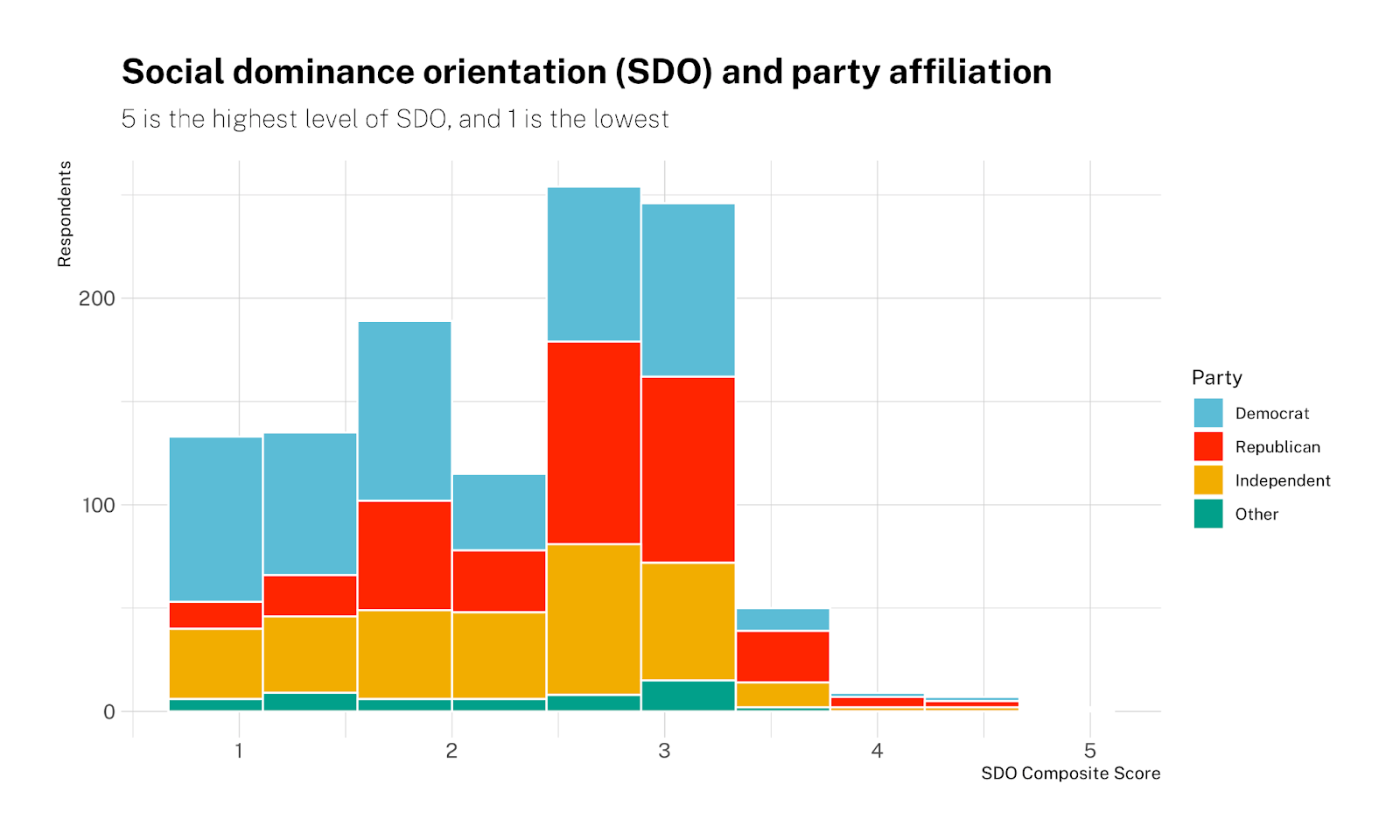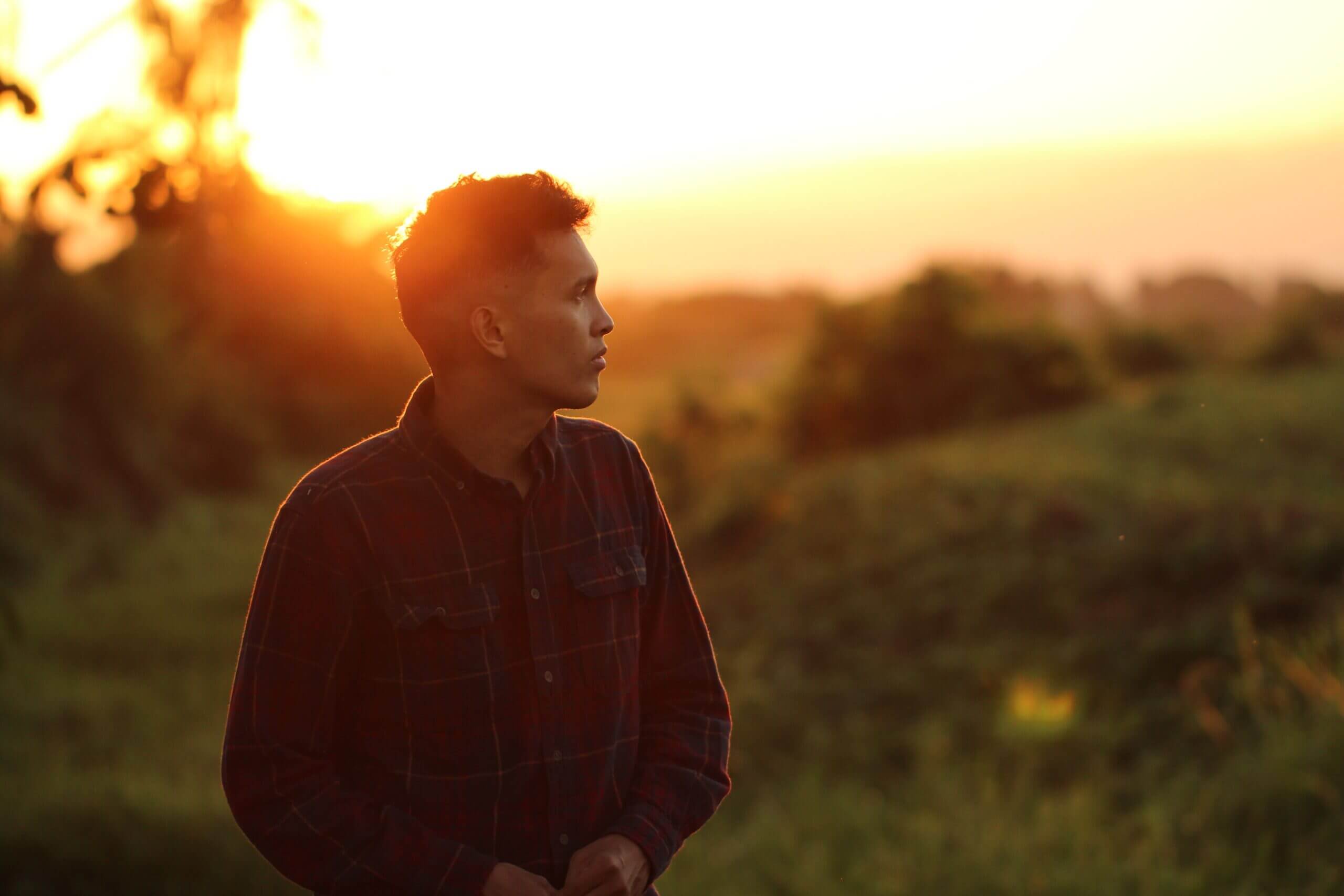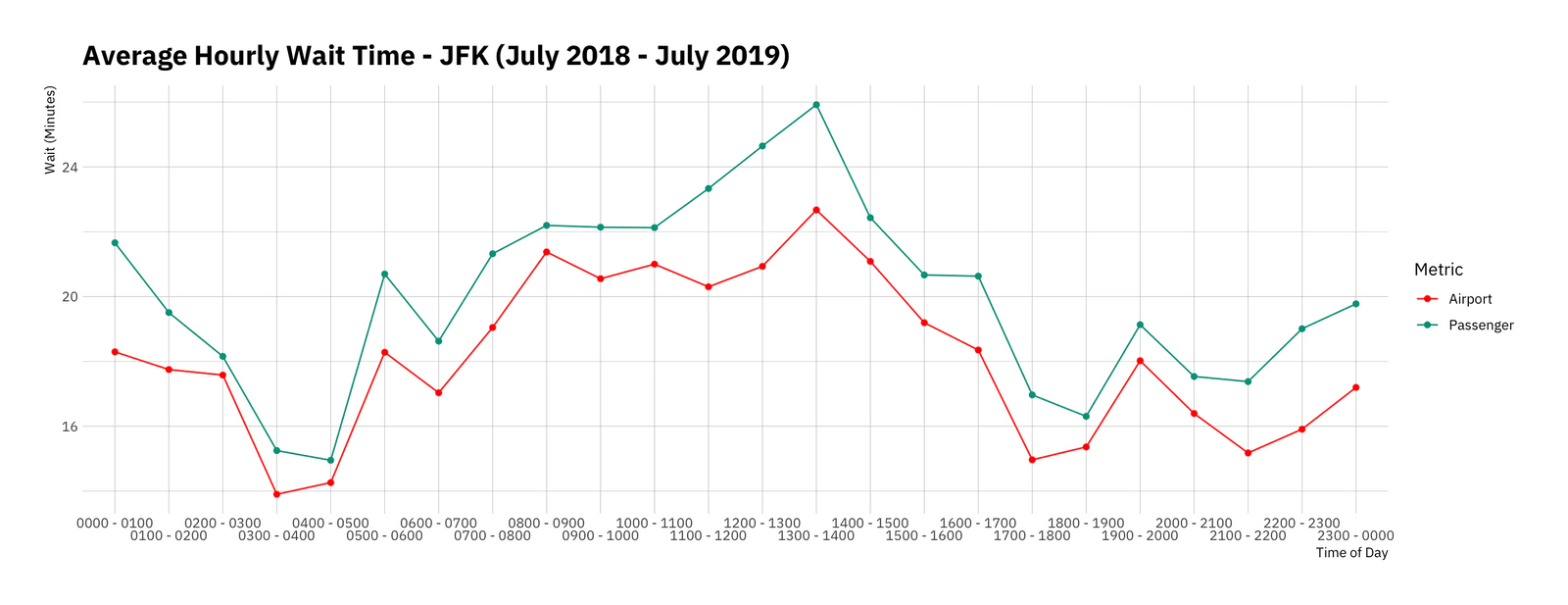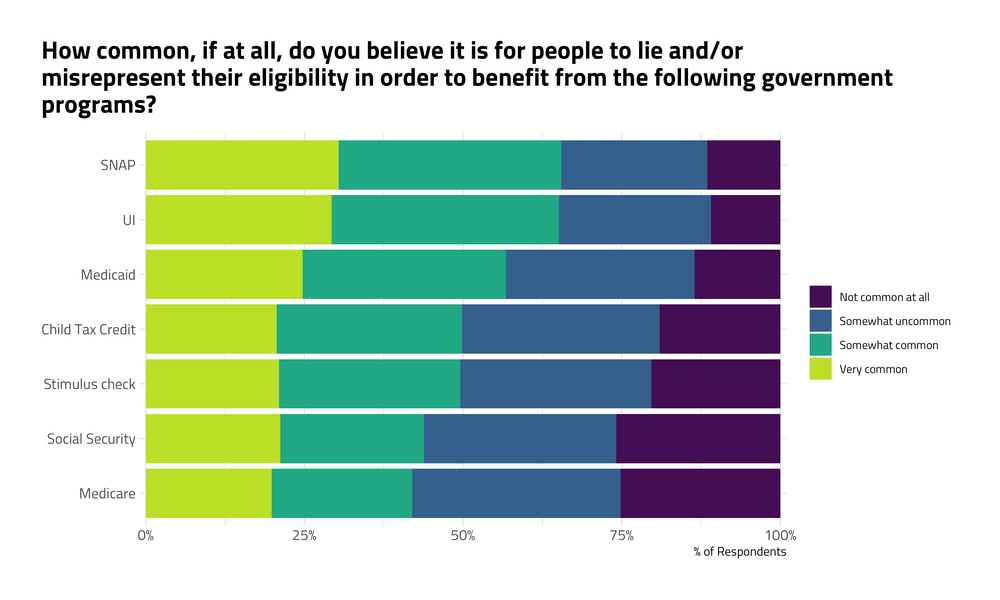
More Than Numbers: Strengthening RCT and Cost Reporting for Policy and Practice
by Suvarna Pande (3ie) and Catherine MacLeod (ideas42)
Randomized controlled trials (RCTs) are a powerful tool for understanding what works in development and anti-poverty programs. They provide insights to guide practitioners and policymakers in improving and scaling interventions. But for RCT findings to inform these decisions, they must be communicated clearly and systematically—something that’s easier said than done. Good reporting isn’t just about […]








